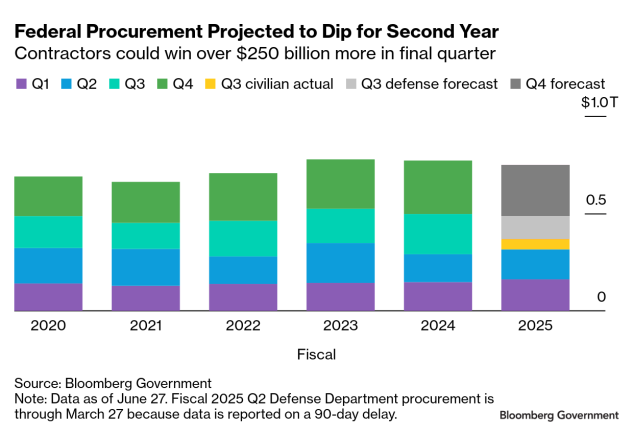The recent announcement by the Canadian government to impose a $20 million cap on time-based consultant contracts represents a significant shift in federal procurement policy that threatens to deepen the disconnect between government action and community needs. This move, while ostensibly aimed at tightening fiscal discipline, raises critical questions about accountability and transparency in government operations.
Consultant Contracts and Accountability
As reported by The Hill Times, the new rules are designed to streamline procurement processes and reduce the number of contracts awarded without proper scrutiny. However, this policy change risks sidelining local expertise and grassroots organizations that are often better suited to address specific community issues. By capping contracts, the government is effectively limiting the potential for innovative solutions that arise from local knowledge and experience.
Impact on Local Economies
According to Wikipedia, Canada is known for its diverse and multicultural communities. The new procurement rules could have a disproportionate impact on smaller firms and minority-owned businesses that rely on government contracts for survival. Instead of fostering a vibrant ecosystem of local consultants and service providers, this cap is likely to consolidate business opportunities among larger, established firms that can absorb the financial limitations imposed by the cap.

March 13, 2020 coronavirus news | CNN
Digital Rights and Transparency
The implications of this policy extend beyond economics into the realm of digital rights and privacy protection. As technology increasingly shapes how government services are delivered, the need for transparency and accountability in data handling becomes paramount. The government"s decision to engage fewer consultants and potentially outsource critical services raises red flags concerning data privacy and the ethical use of technology. With tight budgets, there is a risk that privacy protections may be compromised in favor of expediency.
Resistance from Advocacy Groups
Advocacy groups and community organizations are already mobilizing in response to the procurement changes. They argue that the government must prioritize community involvement in decision-making processes. As reported by The World Factbook, Canada"s identity is deeply intertwined with its commitment to diversity and inclusion. Therefore, any policy that undermines local participation is fundamentally at odds with the values that Canadians hold dear.

Third Quarter Weighs on Annual Federal Procurement Prospects
The Need for a Holistic Approach
The government must adopt a holistic approach that goes beyond mere fiscal constraints. By fostering an inclusive environment for smaller businesses and local consultants, the government can leverage a wealth of knowledge and innovation that exists within communities. This not only aligns with the principles of social equity but also enhances the quality of public services delivered to citizens.

![[Video] Anti-ICE Protester Pepper Sprayed as CBP Agents Disperse Crowd in Minneapolis](/_next/image?url=%2Fapi%2Fimage%2Fthumbnails%2Fthumbnail-1768260677127-y71sb7-thumbnail.jpg&w=3840&q=75)

![[Video] Several injured as U-Haul truck drives through Iranian protestors in Los Angeles](/_next/image?url=%2Fapi%2Fimage%2Fthumbnails%2Fthumbnail-1768176682028-q95y6j-thumbnail.jpg&w=3840&q=75)
![[Video] Scuffle breaks out between Trump supporters and Anti-ICE protesters in Times Square](/_next/image?url=%2Fapi%2Fimage%2Fthumbnails%2Fthumbnail-1768165958203-hgcgb-thumbnail.jpg&w=3840&q=75)


![[Video] Gunfire between Iraqi security forces and Sadr militias in Baghdad](/_next/image?url=%2Fapi%2Fimage%2Fthumbnails%2Fthumbnail-1768343508874-4redb-thumbnail.jpg&w=3840&q=75)
